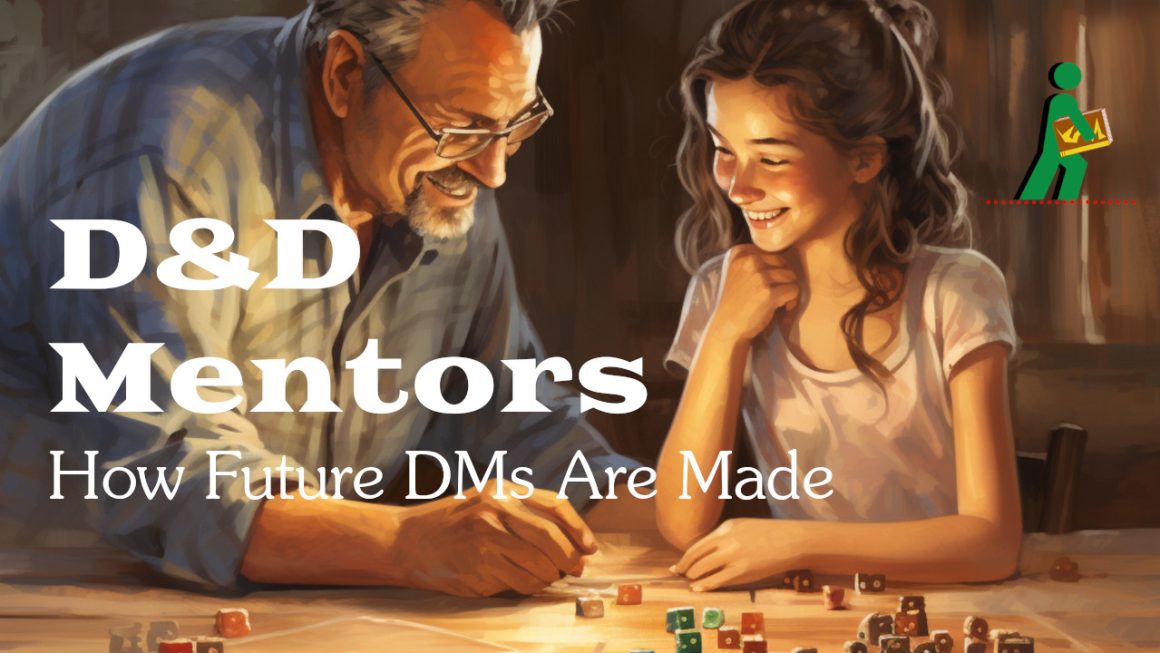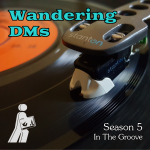
D&D Mentors | How Future DMs Are Made | Wandering DMs S05 E39

In this episode of Wandering DMs, Dan and Paul discuss the role of mentorship in teaching D&D. How did the role of mentors help the spread of D&D in the early days? How has that changed over the years? And how does the game present itself to new players who aren’t furtunate enough to have this kind of personal introduction?
The word mentor was inspired by the character Mentor in Homer’s Odyssey. Although the Mentor in the story is portrayed as a somewhat ineffective old man, the goddess Athena assumes his appearance to guide young Telemachus in his time of difficulty.
A meta-analysis of 112 individual research studies found mentoring has significant behavioral, attitudinal, health-related, relational, motivational, and career benefits. For a learner, these benefits depend on the different functions being performed by the mentor. Originally, the concept of mentoring functions developed from qualitative research in an organizational context with functions that belong under two major factors: psychosocial support (e.g. role modeling, friendship, emotional support, encouragement) and career-related support (e.g. providing advice, discussing goals). An early quantitative approach found role modeling to be a distinct third factor. In mentoring for college success, a fourth function concerning knowledge transfer was additionally identified, which was also discovered in the context of mentoring creativity.
This description uses material from the Wikipedia article “Mentorship“, which is released under the Creative Commons Attribution-Share-Alike License 3.0.

